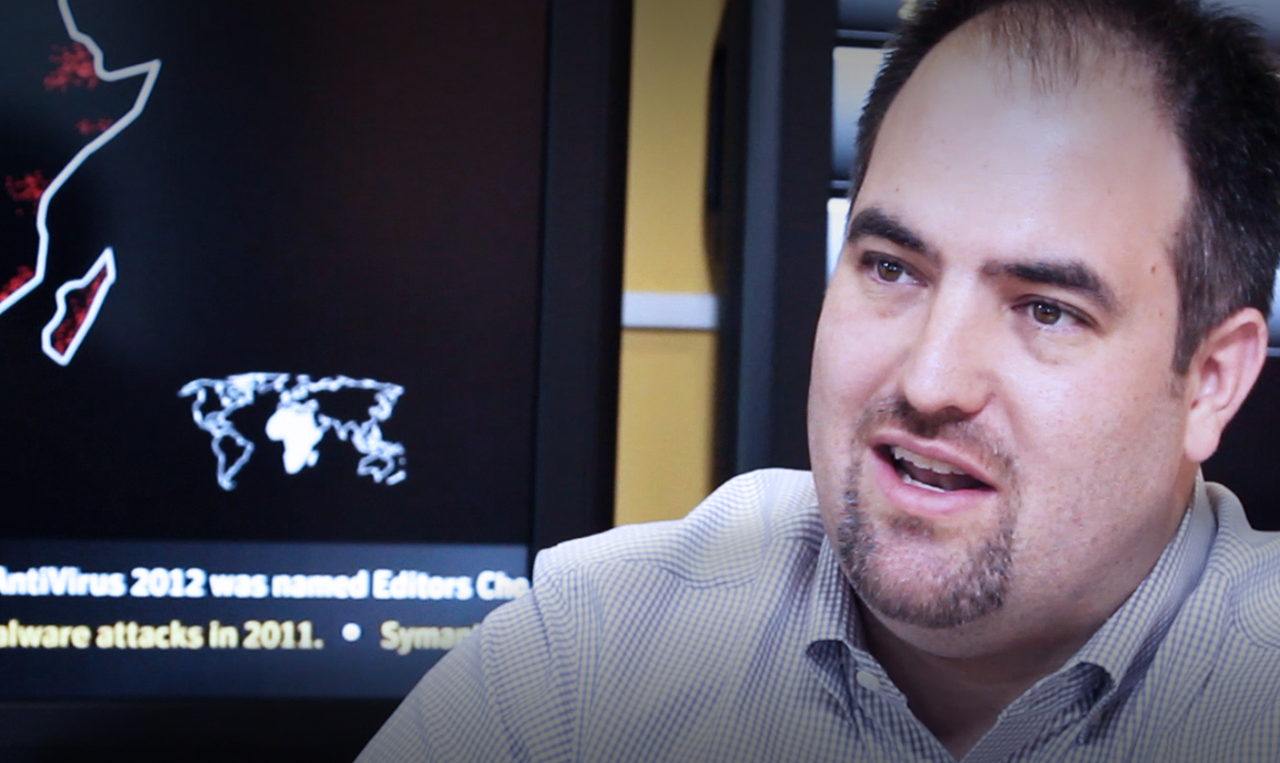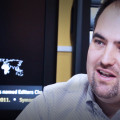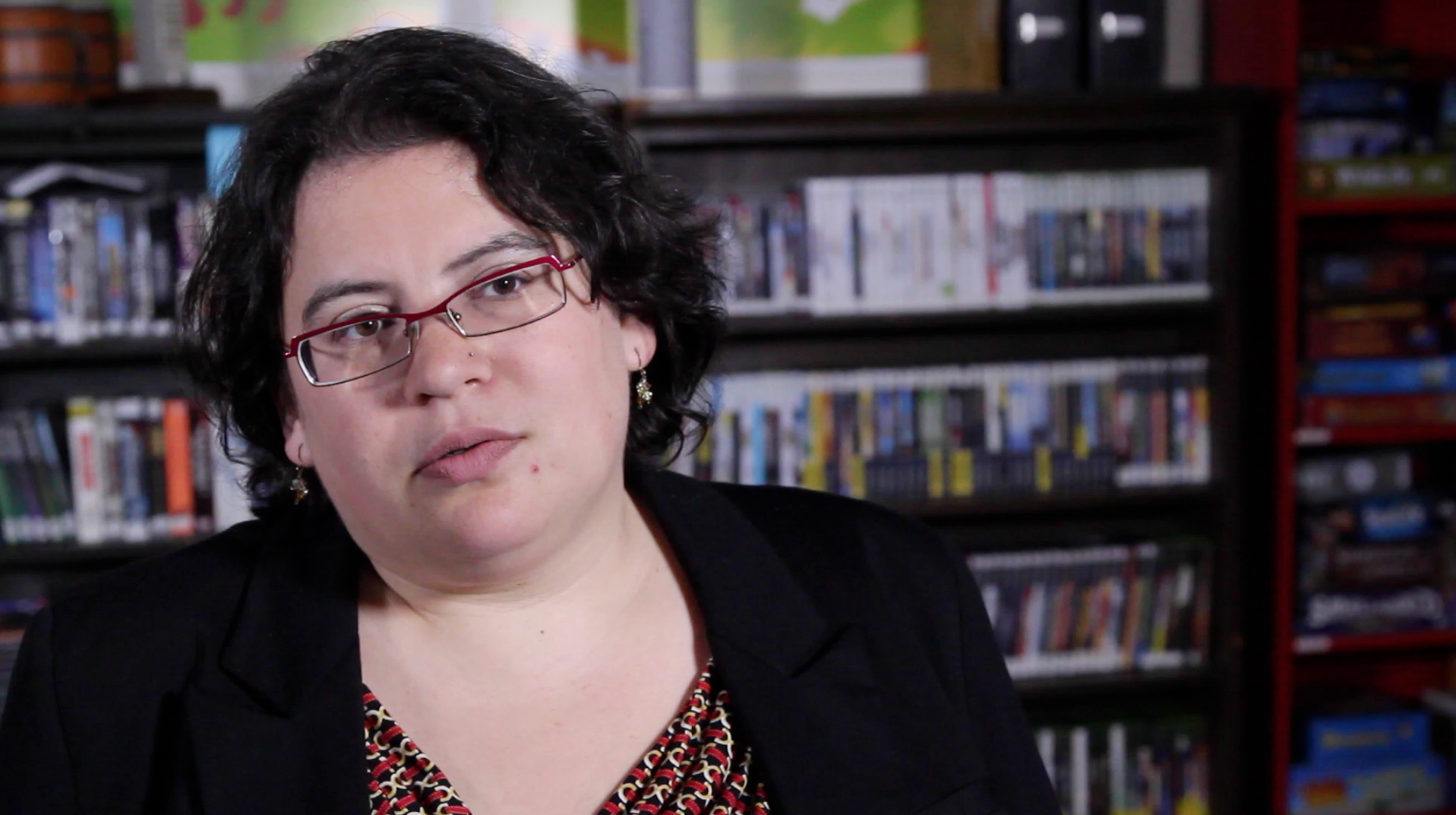For centuries, guilds and religious orders played a powerful role in shaping and governing basic elements of human society. In the modern era they were replaced by corporations, unions, and political parties. In the digital era, are gaming clans and online communities becoming the new manifestation of social power? The organizations that shape and govern the world around us?
Certainly Symantec executive Stephen Gillett gives us a glimpse into the new kind of leadership, and the role that online associations can have. Stephen is a long time guild leader, and World of Warcraft player, who credits video games for his own success. His experiences in the guild and in the game have helped shape his view of the world and his ability to work with and lead others.
In particular, Stephen describes the diversity and opportunity that comes from being part of a game community: “there are millions of people, all demographics, all age groups interacting and playing and collaborating in the digital medium.”
For a lot of people interaction in the real world can be awkward, but in a digital environment there is not only more room for courage, but opportunities for learning. Eric Zimmerman, the CEO of Gamelab describes this learning opportunity: “play has a lot of interesting social paradoxes too. Games are like little labs for understanding how people can interact with each other.”
The co-operative and accumulative nature of most multiplayer games means that people not only progress via levels in the game, but progress as humans in a community. That sense of community can grow to become incredibly strong, which is why there are many gaming clans and guilds that have huge impacts on their members. Nurturing their social and life skills so they not only excel within that community, but also within society at large.
The power of these kinds of game communities is also now starting to spill into the political sphere. Anonymous, the cyber dissident group, is increasingly playing a role in protests and conflicts around the world. McGill Professor and Anonymous researcher Biella Coleman tracks the rise and influence of the group, and the archetypes that comprise it: “I think it’s interesting with trolls and pranksters on the internet, they have created a whole mythos and mythology around what they do.”
The mythology of game communities has only just begun. The power and presence of such organizations will grow as the capabilities and characteristics of its members diversify.










